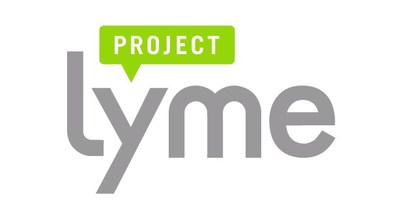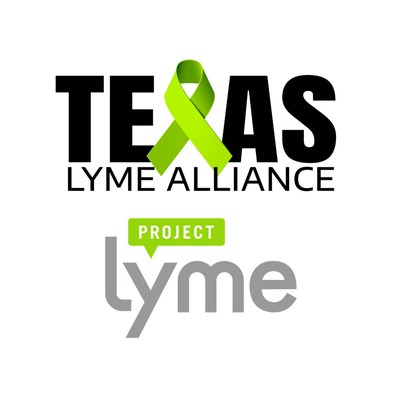Twenty five years have passed since the World Health Organization (WHO) updated the International Classification of Diseases (ICD) codes for Lyme disease. The ICD-11 codes, including those for Lyme disease, took effect January 1, 2022.
|
DALLAS, Feb. 23, 2022 /PRNewswire/ -- Twenty five years have passed since the World Health Organization (WHO) updated the International Classification of Diseases (ICD) codes for Lyme disease. The ICD-11 codes, including those for Lyme disease, took effect January 1, 2022. The updated codes were developed over a multiyear multi-stakeholder scientific review process and ratified in 2019 by 194 countries, including the US. The ICD-11 recognizes a significant number of Lyme complications which can become chronic, cause severe disability, and in some cases, result in death (see the WHO graphic below). Lyme patients were represented in meetings and comprehensive reports submitted to UN Special Rapporteurs for health human rights and human rights defenders. Examples of human rights violations against Lyme patients and their supporters were documented across 11 ratified international and regional human rights treaties and covenants. Comprehensive documentation, patient testimonials and expert views were presented in Geneva to Special Rapporteurs and WHO. Presentations and reporting that combined compelling peer reviewed scientific and medical publications with human rights documentation helped create the momentum for WHO to significantly expand ICD codes for Lyme disease. Affordable healthcare equity for this historically marginalized patient group can increase access to care. The need is particularly acute for at risk children and the unborn. Patients should be aware having codes for an illness does not automatically guarantee coverage of care and the complex US healthcare system is known to require time to adopt new ICD editions. These historical lag times, however, are far less relevant than the opportunity the ICD-11 codes provide patients to negotiate for covered care today, particularly with health insurance policies that align with the Affordable Care Act. The validation by the WHO of the many debilitating and potentially fatal complications of Lyme disease provides patients a legitimate basis to access extended treatment and covered care. ICD-11 will help increase awareness of Lyme complications, may improve access to covered care, tighten infection surveillance and strengthen reporting by public health authorities. Congenital Lyme: Correspondence from WHO ICD-11 Medical and Scientific Advisory Committee and the Director-General for Metrics and Measurement to Jenna Luché-Thayer stated "Congenital Lyme is represented via ICD-11 with post-coordination of codes". WHO stated "appropriate post-coordination options would be incorporated explicitly into ICD-11 for neonatal infections where the organism is not specified. For example: KA6Y Other specified infections of the fetus or newborn can be coordinated with XN13C Borrelia burgdorferi." **The information regarding these codes is not, nor should be considered, or used as a substitute for, medical advice, diagnosis, or treatment. Advice on the testing, treatment or care of an individual patient should be obtained through consultation with a physician who has examined that patient or is familiar with that patient's medical history. Please share this information regarding the new Lyme codes with your practitioners. Click here for an interview about the new ICD-11 codes for Lyme: https://youtu.be/rYm9ALt0_Hg Kristina Bauer, BS in International Business, patient and mother of four Congenital Lyme children. She is the Founder and Executive Director for Texas Lyme Alliance, which advocates for Congenital and Pediatric Lyme, and effective treatments for all. For more information click: TXLymeAlliance.org. She is a Lyme coach, the Texas state captain for Center for Lyme Action, and board member of Mother's Against Lyme. She is a passionate advocate for children, education, and legislation. Four out of 5 of her family have achieved remission, so she is dedicated to sharing hope with countless others affected by this disease. Jenna Luché-Thayer, MIA, Founder and Director, Ad Hoc Committee for Health Equity in ICD-11 Borreliosis Codes. Luché-Thayer has 35 years of policy and grassroots experience in 45 countries and works across the globe to help institutions remedy entrenched practices of discrimination that interfere with their higher purpose. She is a former Senior Advisor to the US Government and the United Nations and assists institutions and communities to build a humane and rights-based and patient-centered response to the global borreliosis pandemic. **We thank Project Lyme for their support of this news release.**
SOURCE Project Lyme and Texas Lyme Alliance |






